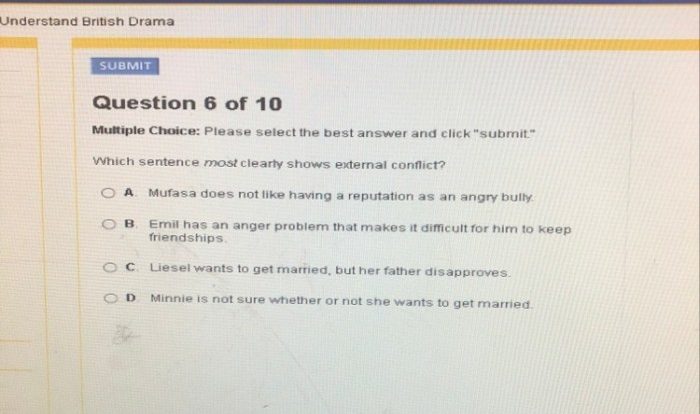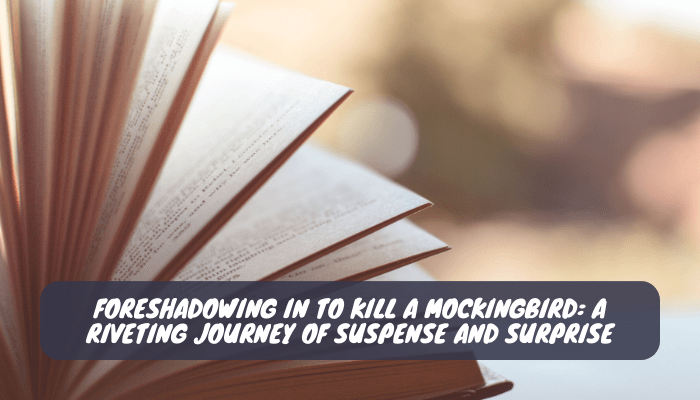In frankenstein what does walton discover – In Mary Shelley’s seminal novel “Frankenstein,” the character of Robert Walton serves as a crucial narrator and witness to the events that unfold. His encounters with the enigmatic creature and his interactions with its creator, Victor Frankenstein, shape his understanding of the novel’s central themes and the nature of humanity itself.
This exploration delves into the discoveries Walton makes throughout the narrative, examining their significance and the impact they have on his worldview.
Walton’s initial encounter with the creature sets the stage for his journey of discovery. His preconceptions and biases influence his perception of the creature, leading him to initially view it as a monstrous threat. However, as he spends time with the creature and listens to its story, his perspective shifts.
He begins to recognize the creature’s intelligence, sensitivity, and desire for companionship, challenging his preconceived notions of what constitutes a “monster.” This encounter forces Walton to confront his own prejudices and to question the boundaries of human nature.
Walton’s Initial Encounter with the Creature
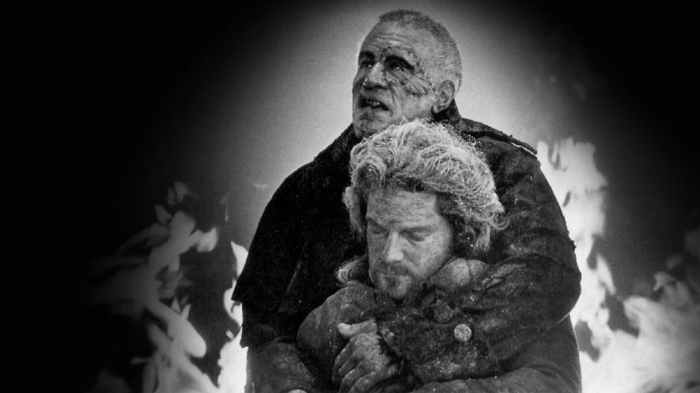
Walton’s initial sighting of the creature is a pivotal moment in the novel, shaping his subsequent perceptions and actions. The creature’s grotesque appearance and superhuman strength initially terrify Walton, leading him to perceive it as a monstrous threat. However, as Walton spends more time observing the creature, he gradually begins to question his preconceptions, recognizing its intelligence and vulnerability.
Walton’s decision to rescue the creature is a complex one, driven by both compassion and a sense of scientific curiosity. He is intrigued by the creature’s unusual abilities and the possibility of learning more about its origins and motivations.
Walton’s Interactions with the Creature
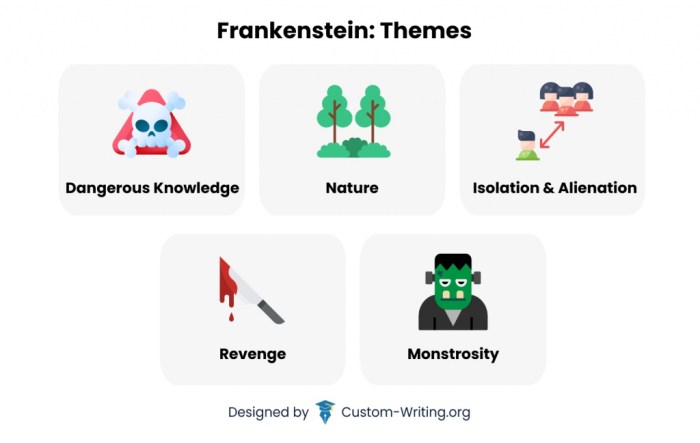
Walton’s conversations with the creature provide valuable insights into its thoughts and feelings. The creature reveals its desire for companionship and acceptance, as well as its deep-seated anger and resentment towards its creator, Victor Frankenstein. Through these interactions, Walton gains a better understanding of the creature’s complex nature and the reasons behind its actions.
The creature’s presence on Walton’s ship has a profound impact on his worldview. He begins to question the limits of human knowledge and the ethical implications of scientific experimentation. The creature’s story forces Walton to confront the potential consequences of unchecked ambition and the importance of compassion and empathy.
Walton’s Observations of the Creature’s Creation
Walton’s account of Victor Frankenstein’s experiments provides a detailed and horrifying description of the creature’s creation. He witnesses Frankenstein’s reckless disregard for the ethical implications of his actions and the creature’s subsequent suffering. Walton’s observations highlight the dangers of scientific hubris and the need for responsible use of knowledge.
The creature’s physical and emotional development is a testament to the power of both nature and nurture. Despite its grotesque appearance, the creature possesses a keen intellect and a deep capacity for emotion. Walton’s observations provide a nuanced and sympathetic portrayal of the creature, challenging traditional notions of monstrosity and humanity.
Walton’s Role as a Narrator
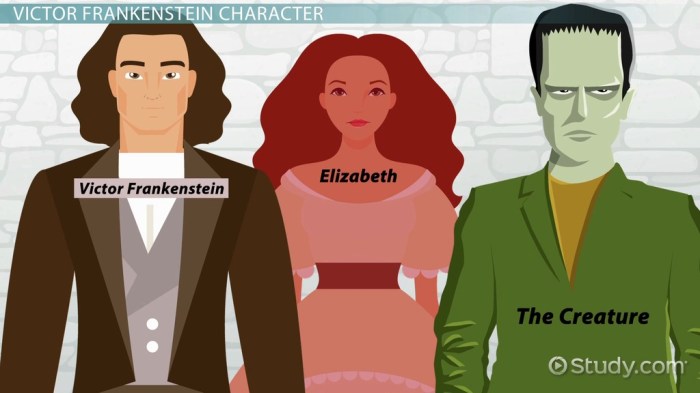
Walton serves as both a witness and a narrator in the novel, recounting the story of Frankenstein and the creature to his sister, Margaret. His purpose is not only to share an extraordinary tale but also to explore the philosophical and ethical questions it raises.
Walton’s narrative is both unreliable and compelling, reflecting his own biases and preconceptions.
The significance of Walton’s perspective lies in its ability to provide multiple layers of interpretation to the story. His subjective account allows readers to question the reliability of the narrative and to consider different perspectives on the events that unfold.
Walton’s Legacy
Walton’s experiences have a lasting impact on his life and career. He becomes a respected explorer and scientist, but he never forgets the lessons he learned from the creature. Walton’s story has influenced subsequent generations, inspiring artists, writers, and scientists to explore the ethical implications of scientific advancement and the importance of human compassion.
Walton’s narrative remains relevant in contemporary society, reminding us of the dangers of unchecked ambition and the importance of responsible use of knowledge. His legacy as a narrator and explorer serves as a testament to the enduring power of storytelling and the human capacity for empathy and understanding.
FAQs: In Frankenstein What Does Walton Discover
What is the significance of Walton’s initial encounter with the creature?
Walton’s initial encounter with the creature challenges his preconceptions and forces him to confront his own prejudices, ultimately leading him to question the boundaries of human nature.
How do Walton’s interactions with the creature shape his understanding of ethics in science?
Through his interactions with the creature, Walton gains a deeper understanding of the ethical implications of scientific advancements, recognizing the dangers of unchecked ambition and the importance of considering the potential consequences of one’s actions.
In what ways does Walton’s perspective as a narrator influence the reader’s interpretation of the events in “Frankenstein”?
Walton’s perspective as a narrator shapes the reader’s interpretation of the events in “Frankenstein” by providing a subjective and unreliable account, influenced by his own experiences and biases, highlighting the importance of multiple perspectives in understanding complex ethical issues.
